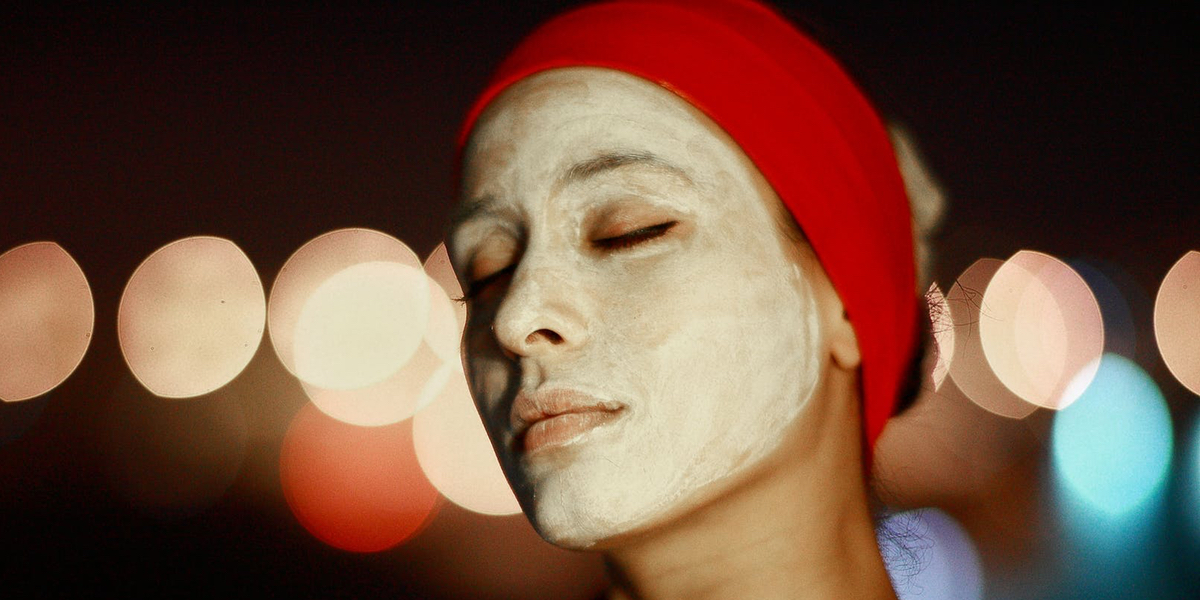Self care has become a commodity.
How many articles hype how the latest face mask or a bath bomb will somehow relax you, soothe you, and solve your ills? Or that a spa day is the best way to restore your happiness? How many jokes are there about the benefits of retail therapy? Face it, people love talking about how great spending money on self care is, but when it comes to the nitty gritty of self care, they’re suddenly quiet.
Self care is personal to each person. For some of us, self care is curling up with a bag of chips and our favorite TV show. For others, it is a spa day, or a hobby, or a face mask. But the concept of self care has become commodified in our culture, turning from a personal action of self love to a capitalist scheme to get people, namely women, to spend more money on things focused on outer beauty. Much like how parts of feminism have been co-opted by makeup and beauty companies to sell products, the same goes for self care. And people at large buy into this without a thought.
This is not to say that face masks, spa days, and other traditionally feminine activities and things are inherently bad. But we need to consider how it’s become a commodity of sorts, a way for us to spend more money. It also paints a different look at self care than what we necessarily need.
Self care can’t always be romanticized. Between the promise that a face mask and a bubble bath will cure everything to toxic Twitter and Tumblr posts that say that closing yourself off from the world and living in a depression hole will solve problems, we as a culture have a bad idea of what constitutes self care when it comes to those of us suffering from mental health issues.
Sometimes, self care is taking care of things, like making a phone call you’ve been putting off, making an appointment with a therapist or psychiatrist, or even just cleaning up your messy bedroom. Other times, it’s owning up to the mistakes you’ve made and apologizing for the way you’ve treated others while upset or anxious. Going to sleep early. Drinking some water. Taking a step back from a toxic situation and trying to find a bit more of a balance in life.
Self care can be fun. But we can’t ignore the nitty gritty moments where we can care for ourselves by taking care of what needs to be done. There is always time for that Instagram post of your bubble bath and glass of wine, but there’s also time to make sure that your life isn’t falling apart as you apply mask after mask trying to pretend it’s all okay.
It’s also telling that we can romanticize and commodify self care, but the things that really help when you’re dealing with mental illness or severe trouble—such as therapy, psychiatry, and medication—can be tricky to get ahold of. Our culture already has issues talking about mental illness, and by making the real help hard to access and by promoting quick fixes (the costs of which can stack up) that are easier to obtain, we are perpetuating that problematic culture.
It’s time to focus on actually caring for ourselves on a personal level. We know what we need best of all, and it’s not always going to be what self-help articles say we should do (or buy). By focusing on making self care an act of actual self love, not an act of consumerism or avoidance, we can help more people improve themselves without asking them to spend countless dollars working on outward appearance. And that will be the truly radical act of self love.
(Image: Pexels)
Want more stories like this? Become a subscriber and support the site!
—The Mary Sue has a strict comment policy that forbids, but is not limited to, personal insults toward anyone, hate speech, and trolling.—









Published: Jul 16, 2018 05:00 pm